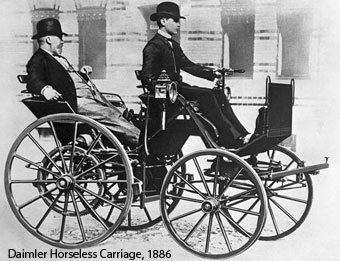
Forget E-Books: The Future of the Book Is Far More Interesting
Take a long hard look at a book, any book. Pull a favorite off a shelf, dust off the top–maybe it’s the Bible, the Koran, a novel by Jane Austen or Leo Tolstoy. Perhaps you’re more into Dan Brown or Jacqueline Winspear mysteries, Doris Kearns Goodwin biographies, or you’ve dog-eared page after page in Skinny Bitch. You may even gravitate toward business books like Viral Loop, my latest. Now say your goodbyes, because there will soon be a day that you may view such analog contrivances as museum pieces, bought and sold on eBay as collectibles, or tossed into landfills.
Coming soon… It’s the end of the book as we know it, and you’ll be just fine. But it won’t be replaced by the e-book, which is, at best, a stopgap measure. Sure, a bevy of companies are releasing e-book readers-there’s Amazon’s Kindle, Barnes & Noble’s Nook, and a half dozen other chunks of not-ready-for-primetime hardware. But technology marches on through predictable patterns of development, with the initial form of a new technology mirroring what came before, until innovation and consumer demand drive it far beyond initial incremental improvements. We are on the verge of re-imagining the book and transforming it something far beyond mere words.
Take note: The first battlefield tanks looked like heavily armored tractors equipped with cannons; early automobiles were called “horseless carriages” for a reason; the first motorcycles were based on bicycles; the first satellite phones were as clunky as your household telephone. A decade ago, when newspapers began serving up stories over the Web, the content mirrored what was offered in the print edition. What the tank, car and newspaper have in common is they blossomed into something far beyond their initial prototypes. In the same way that an engineer wouldn’t dream of starting with the raw materials for a carriage to design a rad new sports car today, newspapers won’t use paper or ink anymore. Neither will books. But mere text on a screen, the stuff that e-books are made of, won’t be enough.
» via Fast Company
Notes
travellinglight liked this
mknmv liked this
another-masque-blog liked this
alexcunn reblogged this from infoneer-pulse
montycantsin-blog liked this
shiv53 liked this
infoneer-pulse posted this
